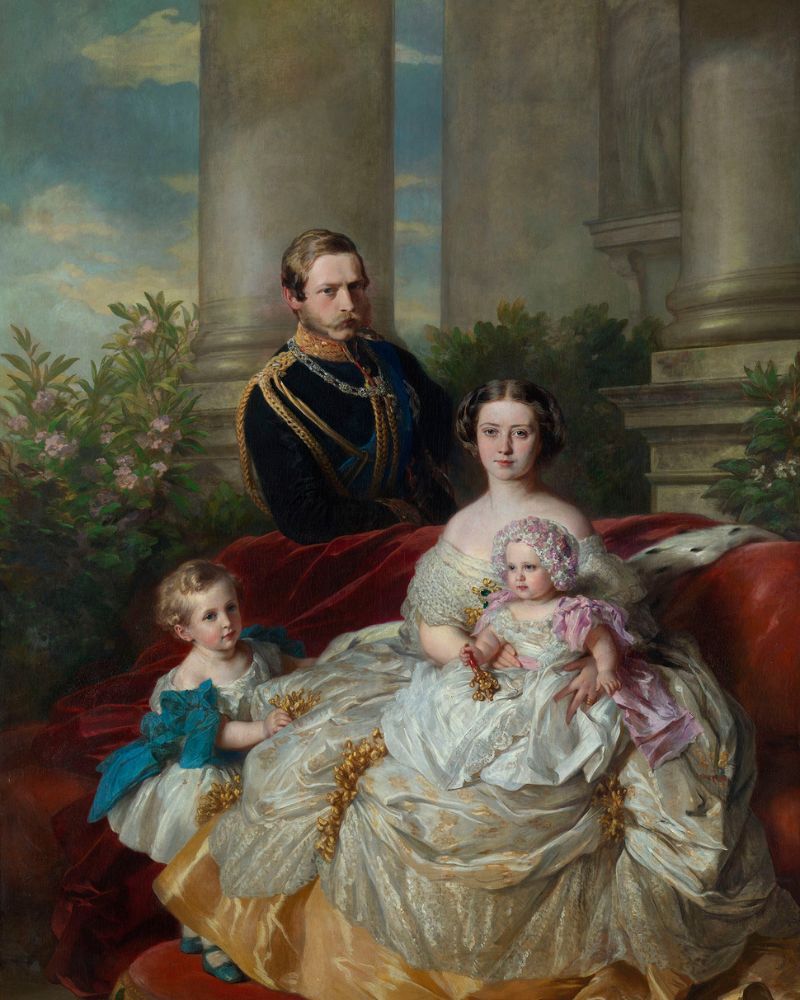Queen Victoria: The Monarch Who Shaped an Empire

Queen Victoria, one of Britain’s most influential rulers, reigned for 63 years (1837–1901), an era marked by industrial progress, colonial expansion, and cultural transformation. Her leadership defined the Victorian Age, leaving a lasting legacy on Britain and the world.
Early Life & Rise to the Throne
Born on May 24, 1819, Victoria was the only child of Prince Edward, Duke of Kent, and Princess Victoria of Saxe-Coburg-Saalfeld. She became heir to the throne after the deaths of her father and grandfather, King George III.
At just 18 years old, Victoria ascended the throne in 1837 after the death of her uncle, King William IV. Despite her young age, she quickly proved herself a capable and determined monarch, establishing her authority in a male-dominated political landscape.
Challenges & Triumphs as Queen
- Political Struggles: Early in her reign, Victoria faced political conflicts, including tensions between the monarchy and Parliament. However, she developed a strong partnership with her first Prime Minister, Lord Melbourne, who mentored her in governance.
- Marriage to Prince Albert: In 1840, she married her cousin, Prince Albert of Saxe-Coburg and Gotha. Their marriage was a political alliance and a deep personal partnership. Albert played a significant role in shaping Victoria’s policies and encouraging social reforms.
- Widowhood & Mourning: Albert’s death in 1861 devastated Victoria. She withdrew from public life for years, earning criticism for her isolation. However, she eventually resumed her duties, strengthening the monarchy’s role in Britain.
The Expansion of the British Empire
Victoria’s reign saw Britain expand into a global superpower. The empire stretched across Africa, India, Canada, and Australia, earning her the title “Empress of India” in 1877. However, this period also saw debates over colonial rule, economic exploitation, and the treatment of indigenous populations.
Industrial & Social Progress
The Victorian Era was a time of significant technological and social change:
- The Industrial Revolution transformed Britain’s economy with advances in railways, factories, and communication.
- Social reforms improved working conditions, education, and public health.
- Cultural achievements flourished, with literature, art, and architecture defining the era.
Legacy & Impact
Queen Victoria passed away on January 22, 1901, marking the end of an era. Her reign shaped modern Britain, reinforcing the monarchy’s role in a changing world. She remains a symbol of resilience, duty, and the empire-building age that defined the 19th century.